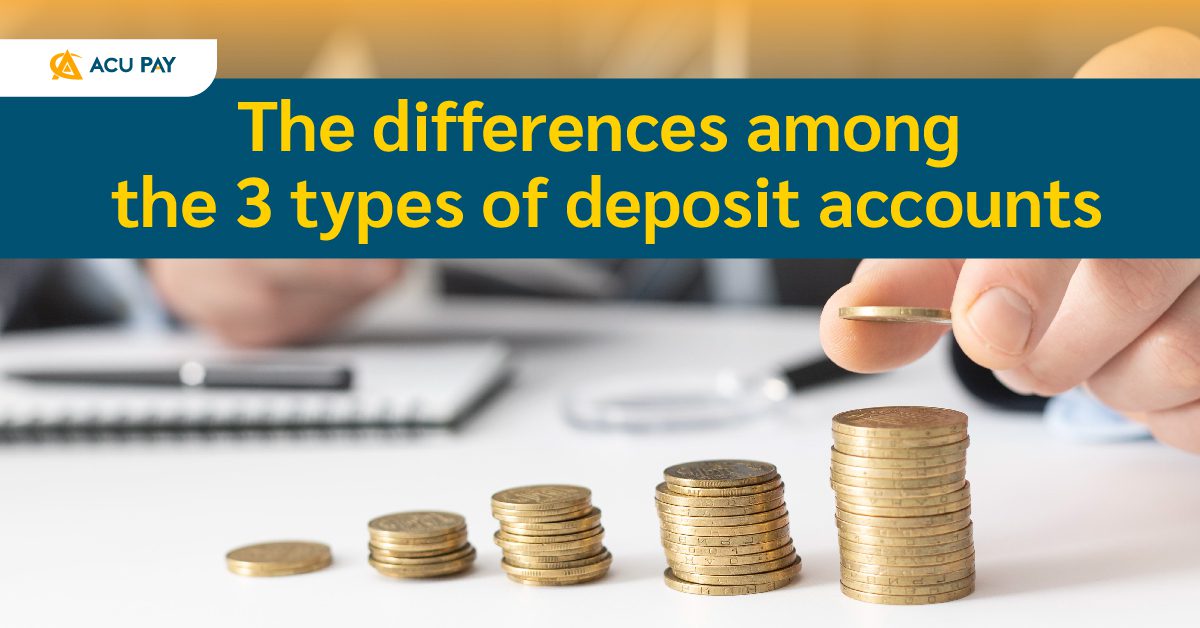

Of course, each of us has different financial goals. Some deposit their money to be a savings for the future, money used to buy a house, get married, or give it to their children. However, each type of deposit account from different banks has different interest conditions.
Deposit accounts forms are divided into 3 main categories which are savings account, fixed deposit account and current account. Each has different conditions as follows:
A highly flexible deposit account with no deposit period or minimum in deposit and withdrawal. It is also convenient to deposit and withdraw anytime with an unlimited number of times. Savings deposits also offer interest to depositors, with commercial banks paying depositors twice a year.
It is suitable for saving in case of emergencies or spending in everyday life. Transactions can be made at ATMs or linked to mobile banking applications 24 hours a day. However, flexibility comes with relatively small interest rates because there is no clear deposit schedule.
It is a deposit account that has higher interest rates than savings accounts because it clearly defines the minimum deposit period and amount such as 3-month, 6-month, 12-month, 24-month or more.
Fixed deposit accounts have longer deposit periods than savings accounts, so banks can use the money to build up more money such as lending or investing in different types of assets.
Fixed deposit accounts are therefore suitable for people with a cold of money who can take a little risk but want to create added value, keep it for a long time, and not rush to use it.
This is a deposit account with no interest because there is money flowing in and out of the account all the time. It is suitable for business operators or shop owners who have money continuing to flow in and out to facilitate business operations.
Spending money on a current account uses the form of a cheque signing. The cheque recipients must use it to draw the money at the bank, or they may have special conditions to apply for overdraft loans (O/D) to increase business liquidity. However, interest on overdraft loans will be charged according to time.
The first thing that we need to ask ourselves is what we deposit this money for. If the answer is to deposit for a long time, to get interest, but cannot take any risks, a fixed deposit account is an interesting option for you. However, those who hope to get high interest from the fixed deposit account should be careful about paying taxes which is calculated from the amount of received interest. If you don’t want to pay taxes, it is recommended to choose a fixed deposit account with no interest.